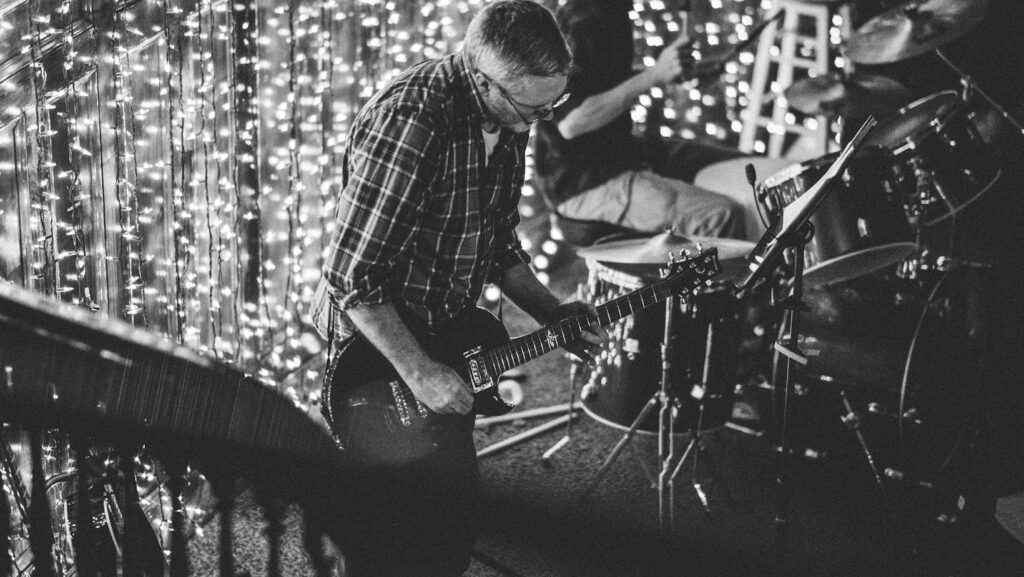Step back in time to the groovy era of the 1970s, where music transcended boundaries and became a powerful voice for a generation. The 70s music scene was a melting pot of genres, from disco and funk to rock and soul, giving rise to legendary artists who defined the sound of the decade. These iconic musicians not only shaped the musical landscape of the time but also left a lasting impact on future generations.
The Rise of 70s Music Artists

In the 1970s, various key influences shaped the music scene and paved the way for the rise of iconic 70’s music artists. From the emergence of disco to the rebellious spirit of punk rock, this era saw a fusion of styles and sounds that captivated audiences worldwide.
The 70s witnessed groundbreaking genre innovations that redefined music culture. Disco music, with its infectious beats and danceable rhythms, dominated the airwaves, creating a new wave of 70’s music artists who embraced the glitzy lifestyle and vibrant sounds of the era. Conversely, the raw energy of punk rock challenged conventional norms, giving voice to a generation of rebels and outcasts, and fostering a DIY ethos among 70’s music artists.
70s Music Artists
The Beatles: End of an Era
The Beatles, a revolutionary band from the 1960s, had a profound impact throughout the 1970s. Despite officially disbanding in 1970, they continued to influence the music industry. Their solo careers, especially that of John Lennon and Paul McCartney, kept the spirit of The Beatles alive. The Beatles’ legacy extended well into the 70s, marking the end of an era but ensuring their music remained timeless.
David Bowie: The Rise of Glam Rock

David Bowie, an iconic figure in music history, spearheaded the rise of glam rock in the 1970s. With his alter ego Ziggy Stardust, Bowie pushed boundaries in both music and fashion. His eclectic style and innovative sound captivated audiences worldwide. Bowie’s influence not only defined an era but also paved the way for future generations of musicians to embrace individuality and creativity.
Bob Marley: Reggae’s International Ambassador
Bob Marley, a legendary figure in reggae music, became an international ambassador for the genre in the 1970s. His music carried messages of peace, unity, and love, transcending cultural barriers. Marley’s distinctive sound and powerful lyrics made him a global icon, spreading the message of reggae music far and wide. Through his music, Bob Marley left a lasting legacy that continues to resonate with audiences around the world.
Stylistic Elements of 70s Music

The 1970s music scene was characterized by a distinctive sound that emphasized analogue warmth and embraced experimental techniques. Artists of the era favored the rich, organic sound of analogue equipment, which contributed to the unique texture and depth of their music.
During this period, musicians explored innovative production methods, such as layering tracks, utilizing ambient sounds, and incorporating unconventional instruments. These experimental approaches resulted in groundbreaking albums that pushed the boundaries of traditional music production.
Notable examples of artists who epitomized the analogue warmth and experimental ethos of 70s music include Pink Floyd, known for their elaborate concept albums that blended psychedelic rock with avant-garde techniques, and Stevie Wonder, who crafted soulful masterpieces by embracing synthesizers and electronic effects in his music.
Fashion and Performance: The Visual Identity of 70s Music
In addition to its musical innovations, the 1970s music scene was defined by its distinctive fashion and performance styles that contributed to the visual identity of the era. Artists of the time embraced flamboyant and eclectic fashion choices that reflected the spirit of creative expression and individuality.
Moreover, live performances played a crucial role in shaping the visual identity of 70s music, with artists incorporating elaborate stage designs, lighting effects, and choreography to create immersive experiences for their audiences. Bands like Led Zeppelin and Queen captivated crowds with their dynamic performances, setting new standards for live entertainment in the music industry.
The fusion of fashion and performance in 70s music not only elevated the artistic experience for fans but also became a significant aspect of the cultural legacy left by the iconic artists of the era.
